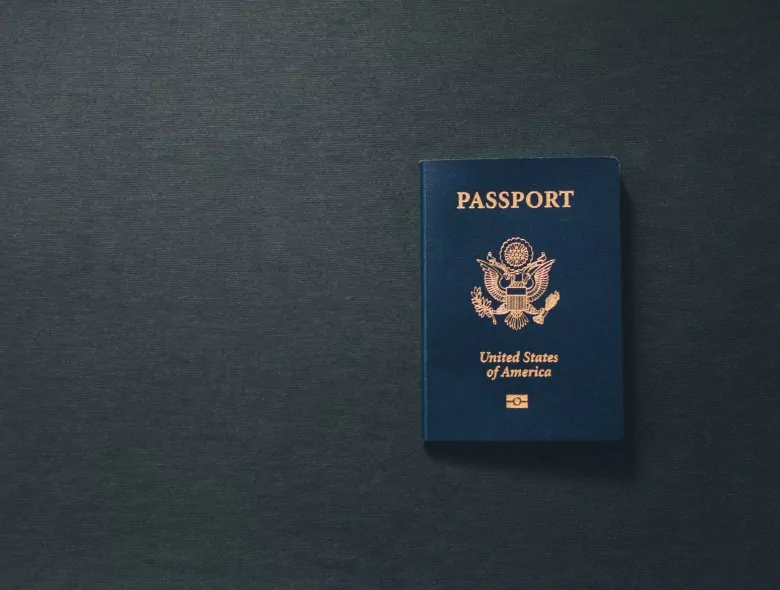You finally did it. You got your visa, and that means that your entry to the country has been greenlit. Everything is now ready for you to pack and leave right? Maybe there are a few things that still need preparing. Though the visa is very important to live and work there, it is just one of many things that will require your attention.
1. Get Prepared
Gather all the credentials that you’ll need for entry and living in the country. First would be making sure you have proper identification. Driver’s license or other forms of I.D. are required at every step of entry into the country. Other things like an international driver’s license need to be prepared ahead of your departure. Make sure the date on the license starts as close to your arrival as possible. If any of it expires before you need to use it, then it will not be accepted. There are no exceptions to this, so double-check all of your documents. If you need certain medications, you will need a doctor’s note. Some medications are restricted and require a special allowance to be brought into the country.
Leave your pets with good homes. The process of bringing pets into Japan is costly and detrimental to the animal. The airport you arrive at can hold the up to 30 days, even if you have all of the vaccine documentation. During that time, you will need to visit them and feed your animal as the airport is not responsible for them. The apartments that allow animals are hard to find as well. Try to find good friends or a nice family to take care of them.

2. Tying up Loose Ends
Take care of any legal matters. Leaving your home country can be a big enough task, and it can be completely stopped by any legal matter. Pay off tickets and fees so that they don’t bite you later. If you are paying loans, then it is best to contact them to notify them of your new occupation and residence. You can even work out a new plan because of your new situation. If you plan to stay for a long time it may be a good idea to give a family member some power over your estate. Some decisions are near impossible to get done from so far away. The time difference alone poses a large challenge. Doing this can remove a large burden from your shoulders and keep your home assets in line.
3. Before You Arrive
Ensure you have housing ready for your arrival. Some companies will work with you to set up accommodations for you ahead of time. Usually, these things are taken care of as soon as you get to Japan. Others may have their own apartment complex, or share house, for all of their foreign employees to live in. If you don’t have either option available through your company, then online realty sites are your best options. Some are better than others, and often a variety of places with no key money or deposit required. There are varying prices but remember that cheaper priced apartments usually have some things missing from them. Share houses can be beneficial for being affordable, and having fewer requirements for moving, but they can be crowded and don’t offer the same level of privacy as living by yourself.

4. Learn the Language
Learn some of the language before leaving your home country. Even though this seems obvious many people learn nothing about their new home before arriving there. There are different customs and traditions in Japan that they mat excuse foreigners for not knowing, but you will gain a lot of respect and goodwill when you meet new people and showcase your understanding of their customs.
When learning language and mannerisms it is best to try and not be perfect in everything you do. No one expects you to have perfect Japanese or flawless knowledge of manners from you. It will be ok to make mistakes as long as you show and interest and try your best. Learning some survival Japanese will help out tremendously and ease your transition into Japanese life. Your daily life will benefit from being able to easily ask for directions, order food, and other normal actions.

5. Dietary Restrictions
If you have any food allergies is it very important to learn phrases for the specific foods, you must avoid. There aren’t many places that cater to specific needs, so you must be able to ask and state clearly what you can and can’t eat. For non-meat eaters, there are vegan options, but being able to see what kind of broth is used in soups is a must. The reason being it will say meat-free but use animal-based broth to cook the soup in. There are books, websites with free lessons, and videos that help get you started.
There are many things to consider once you have started your journey to a new country. There will be a ton of small things that become a big hassle later on. Try your best to find out what is needed immediately and in the future. Asking others who have done it before you can give some good insight into what the transition will be like.



